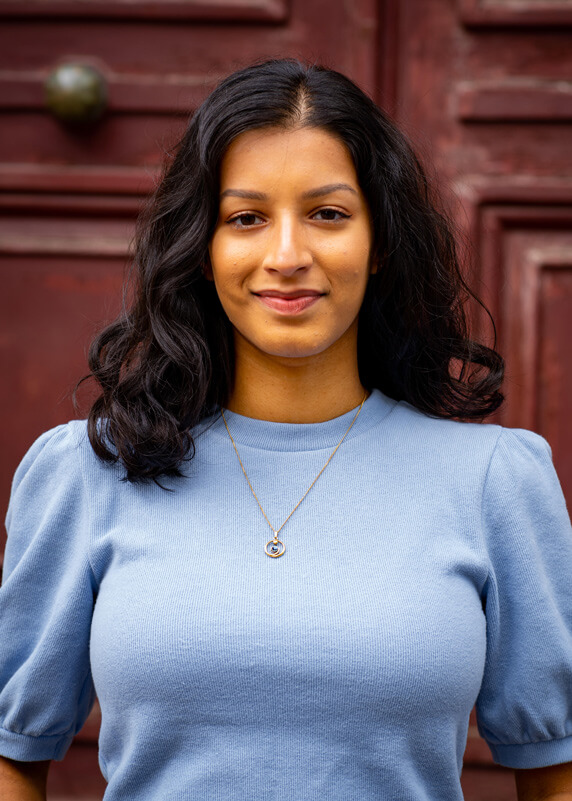Feminist Book Week is a week-long festival that aims to raise awareness of the sexism, misogyny and unconscious bias that, unfortunately, continues to exist in publishing and media today. This year, we strive to initiate important conversations around diversity, intersectional feminism and the lived experience of navigating the publishing industry for women.
These conversations are ever more salient as we chow through books in lockdown and sadly say goodbye to iconic feminist spaces, such as the Feminist Writers’ Festival. Here at the Y, we aim to carry on the legacy of these mighty feminist predecessors through Feminist Book Week which provides a platform for us all to learn from and celebrate established and emerging writers.


This year, I have been inspired by my own Bengali heritage to centre Feminist Book Week 2021 on cultural diversity and intersectional feminism. Diverse writers, especially those identifying as racially or ethnically diverse, face numerous barriers and challenges in publishing. The publishing industry is underpinned by the purported supremacy of Western literature as evident by the whiteness of the literary canon. In this atmosphere, highbrow or ‘quality’ literature is associated with white men who are straight and able-bodied. Instead, diverse writers, especially those of colour, are fettered and forced to exoticize their lived experience for the white gaze through memoirs or ‘race-writing’. This expectation for diverse writers to write on otherness marginalises them to the peripheries of the Australian literary landscape.
The erasure of diverse writers continues, not just through the social culture in the publishing media, but in data. Australia lacks official data about the representation of diverse writers in publishing, and especially in editorial positions. What does the lack of data on diversity say about our priorities? Preliminary collections, such as the 2018 survey by Books+Publishing, show that 6 per cent of Australian publishing employees identified as a person of colour, 13 per cent as LGBTQIA+ and 3 per cent as living with a disability. Only one respondent of 349 identified as First Nations.
Books+Publishing’s data also highlights the compounding challenges of an intersectional identity. 19 per cent of the POC-identifying respondents believed their race negatively affected their wages; 32 per cent of female and non-binary identifying respondents shared this sentiment about their gender and sexuality. For female writers of colour, they face both the gender pay gap and the race pay gap. Talk about a double whammy. For me, these cold percentages convey diverse writers continue to experience discrimination, direct or indirect, in a deeply white industry.
The challenges of diversity and representation in publishing and media are undeniable, but not insurmountable. This year’s Feminist Book Week aims to platform the voices of women of colour who are writers, academics and activists. Alice Pung’s Laurinda was one of the iconic novels from my high-school years, where I felt seen as one of the few persons of colour at an all-girls private school. Maki Morita’s Write Like A Girl workshop inspires me to write, not just for the sake of my identity, but to give voice to social issues I’m passionate about like climate change and gender equality. Alongside us, we have changemakers and academics like Dr Jessamy Gleeson, researching contemporary feminist activism in social media spaces, and Dr Natalie Kon-yu, creating the First Nations and People of Colour (FNPOC) Writers Count to provide demographic data on diversity in Australian publishing.
I hope many YWCA members can share my feeling of delight as I see myself and culture reflected in this year’s Feminist Book Week. Having been censored and told off as a child for being too outspoken about culture and race, the celebration of writers of colour, notably women of colour, brings a weeping sense of liberation. Finally, we are heard.
In our inspiring line-up of workshops and webinars, there is something for everyone: whether you want to hear more about the lived experience of diverse writers in publishing or empower yourself to create change. We welcome you to learn, be inspired and celebrate the power and potential of storytelling.




